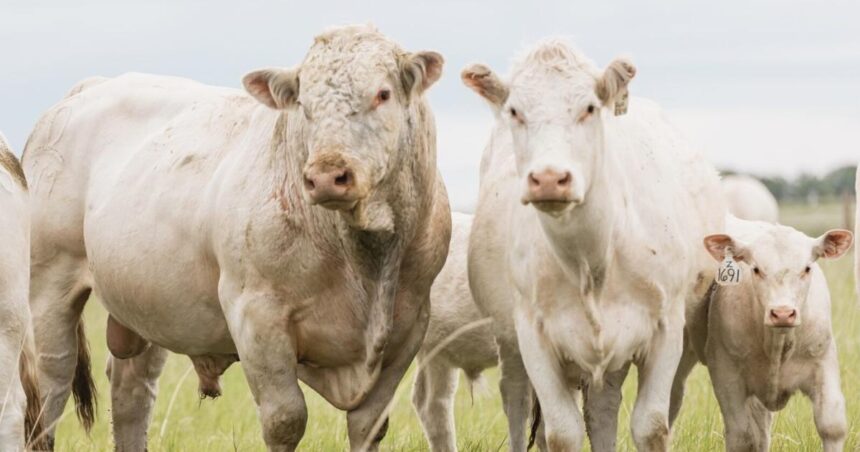A new program aims to promote climate-smart grazing practices by providing compensation and technical support to Native American beef producers.
The Farm Journal Foundation, a nonprofit that promotes global food security, is providing Native American beef producers with technical assistance, education, and direct payments for implementing climate-smart practices. Its program has funding from the U.S. Department of Agriculture.
A new program offers compensation to Native American cattle ranchers who implement climate-smart practices.
Climate-smart practices can include rotational grazing where livestock are moved to different areas of a pasture, planting native grasses, and brush management, among other things.
Participating producers receive about $10,000 in compensation for implementing such practices. They can also access in-person education as well as online technical assistance and other resources.
People are also reading…
Farm Journal Foundation is specifically seeking 70 to 100 Indigenous producers in Montana, Florida, and Oklahoma to participate in the program. The three locations were determined due to their differing climates.
Maddie Skellie, program manager at Farm Journal Foundation, said Native American producers have faced barriers when trying to access similar federal grant opportunities in the past.
Native American farming operations, for example, may not fit the standard criteria envisioned by federal policymakers. And historically, federal programs may not have prioritized tribal resource concerns.
Skellie said this program aims to improve accessibility by offering incentives to Native American producers “who might not have previously had the benefit of monetizing their practices.”
Additional project partners include the Ecosystem Services Market Consortium and Yield Lab Institute.
To participate in the program, fill out a survey at
FarmJournalFoundation.org.
For more information, visit
FarmJournalFoundation.org/tribal-agriculture
.





